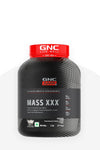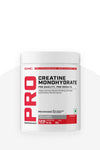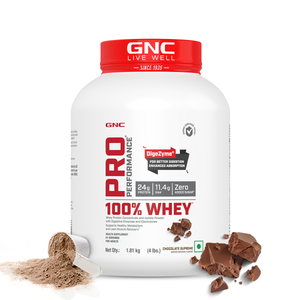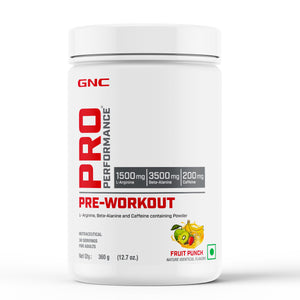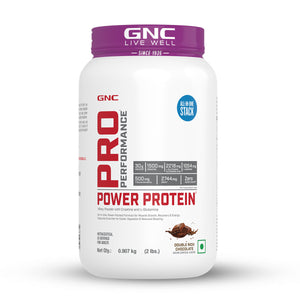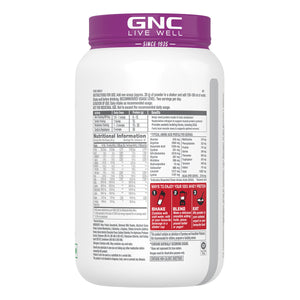
Human gut microbiota is a host to a variety of microorganisms. These microorganisms are responsible for many of the physiological processes and affect nutritional status, behavior and stress response of the host. Also, they can be indirectly blamed for contributing to the cause of many diseases. Hippocrates has said “death sits in the bowels” and “bad digestion is the root of all evil”. This shows the importance of the gut in human health.
The human body is populated by immense types and the number of bacteria and other microbes. These varieties of microorganisms that reside in the host peacefully are called the microbiota or microflora. The surface of the human body that is exposed to an external environment gets colonized with microbiota. Thus, skin, respiratory tracts, gastrointestinal tract, etc. are filled with microflora. The most profound organ colonized by bacteria in the gastrointestinal tract (GIT). The human gut microbiota is composed of over 35,000 bacterial species of bacteria which are mostly anaerobes. In the gut, the colonization of bacteria varies in different sections of the digestive system. The digestive system comprises many sections as shown in the image. The number of bacteria present in the gut rises from the stomach to the duodenum, jejunum, and ileum, with the maximum known to exist in the colon.

Intestinal microflora which includes good bacteria has important functions in metabolism. These functions range from fermenting indigestible dietary residues, saving energy, producing vitamin K, absorption, etc.
The role of nutrients in growth and development is known. In recent times, new roles have been assigned to various nutrients. Attention to the health benefits of using probiotics and prebiotics have come to light. The word “probiotic” comes from Greek, and it means “for life”. The term “probiotic” was conceptualized in 1954. Later, probiotics were described as microorganisms that stimulate growth of other microorganisms. With a lot of deliberation on their role, WHO and FAO working committee in 2002 stated that probiotics are “live strains of strictly selected microorganisms which, when administered in adequate amounts, confer a health benefit on the host”.
Role of Probiotics in human health is as follows-
- Probiotics are useful and friendly microbes.
- They are capable of challenging the bad microbes and colonize our digestive system.
- They are able to ferment our food to simpler by-products which will help promote good health.
Apart from the role of probiotics in promoting health, they also remove the side effects of pathogens or harmful microbes. Thus they supply the body with useful by-products and reduce the stress. The presence of probiotics reduces the effect of the attack of harmful compounds and protects the digestive system. They help to correct digestion. Probiotics also are very helpful in genetic deficiencies such as lactase deficiency causing lactose intolerance. Several research studies have confirmed that probiotics have a positive effect on many gastrointestinal diseases or diseases related to the stomach or intestines. (Like Constipation, Inflammatory Bowel Syndrome (IBS), Irritable Bowel Disease (IBD), ulcerative colitis), cancer, heart disease, etc. They also improve the body’s immunity. The helpfulness of probiotics in diseases or conditions like obesity, type 2 diabetes and non-alcoholic fatty liver disease and most important in cancers is also emphasized by research studies.
With more processed food and fewer natural foods being consumed, the quality of food has become very important. Obesity, other lifestyle diseases, and even cancers are on the rise. Normally the gut microflora is supposed to be protective. However, today the diets are full of processed foods. Due to fear of infections, we tend to consume sterile food which will cause less colonization of bacteria in the gut. Antibacterial substances like antibiotics also affect the colonization of bacteria and reduce their numbers. Probiotics have a role in alleviating post-antibiotic treatment syndromes. Under natural conditions, a protective gut microflora develops and there is no need for a probiotic supplement.
Probiotics have always been present in our diets. Certain beverages, salty fishes, curd, have different types of useful bacteria. Fermented milk was the first food that

contained Probiotics and was accepted. The active microbes in the fermented food can colonize the digestive system. Milk products with probiotic elements are kefir, koumiss, Leben and dahi. Some fish and seeds are also said to contain probiotics.
Food Sources of Probiotics
The bacteria needed for fermentation of milk to curd/yogurt help the intestinal flora. The microbes used as Probiotics are of different types and include bacteria and yeast. Some of the common ones are Lactobacillus: acidophilus, Bifidobacteria, Streptococcus, Saccharomyces, Aspergillus, etc.

There are thousands of varieties of microorganisms that contribute to maintaining a healthy gut. However, the amount of probiotics in the diet is adversely affected by factors such as an incorrect diet and alcohol. Therefore, probiotics should be taken through a regular diet. At specific times when medication is taken, probiotics are affected and so they should be taken orally in considerable amounts or with food.
Good microbial strain colonies of microflora will lead to good health and will give us different types of benefits. Apart from the many types of foods that contain probiotics- fermented foods, milk, and milk products; there are also pharma companies who have developed/developing or marketed/marketing various types of probiotics which can be beneficial for different illnesses. The probiotic preparations currently on the market are in the main based on lactic acid bacteria (lactobacilli, streptococci, and bifidobacteria). A probiotic preparation may contain one or several different strains of bacteria. The strains of lactic acid bacteria used in probiotics are mostly intestinal isolates such as L acidophilus, L casei, Enterococcus faecium, and Bifidobacterium bifidum. Yogurt starter bacteria (L bulgaricus and Streptococcus thermophilus) are also included because of the known benefits of yogurt.
Prebiotics has also been identified in food. The role of prebiotics is similar to that of probiotics. These components stimulate the growth of other microorganisms in the gastrointestinal tract and help to improve the health condition of the host. In the nineties, prebiotics was defined by Gibson and Roberfroid as non-digested food components. In 2007, FAO-WHO expert group described prebiotics as “a nonviable food component that confers a health benefit on the host associated with modulation of the microbiota”. Prebiotics stimulate the growth of different local gut bacteria. Thus, prebiotics may be used as an alternative to probiotics or as a partner to them.
Fast Facts: Prebiotics are nutrients that support the growth of probiotics. A steady supply of these nutrients helps set up the gut environment so that good bacteria will thrive. These nutrients tend to be very fiber-rich, like berries, whole grains, and legumes. Inulin and Fructooligosaccharides (FOS) are common prebiotics found in fibrous foods.
A healthy gut assures good health. The gut flora can protect the host against the intestinal and other diseases. Probiotics can be used to repair deficiencies of the gut microflora which are probably caused by dietary factors and environmental stress. It is necessary to identify specific probiotics for different diseases.
Also, the use of probiotics along with prebiotics should be considered for added benefits.



